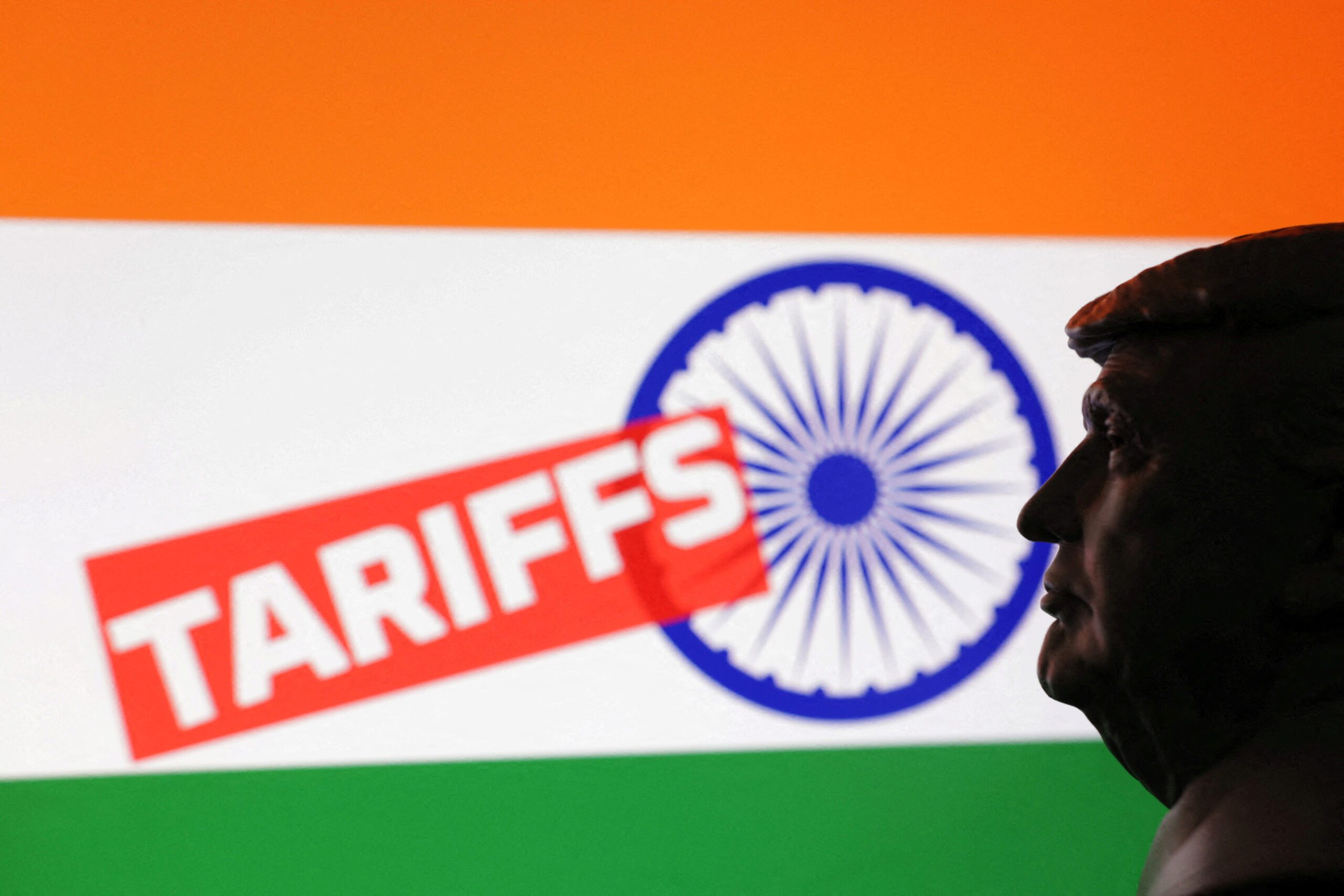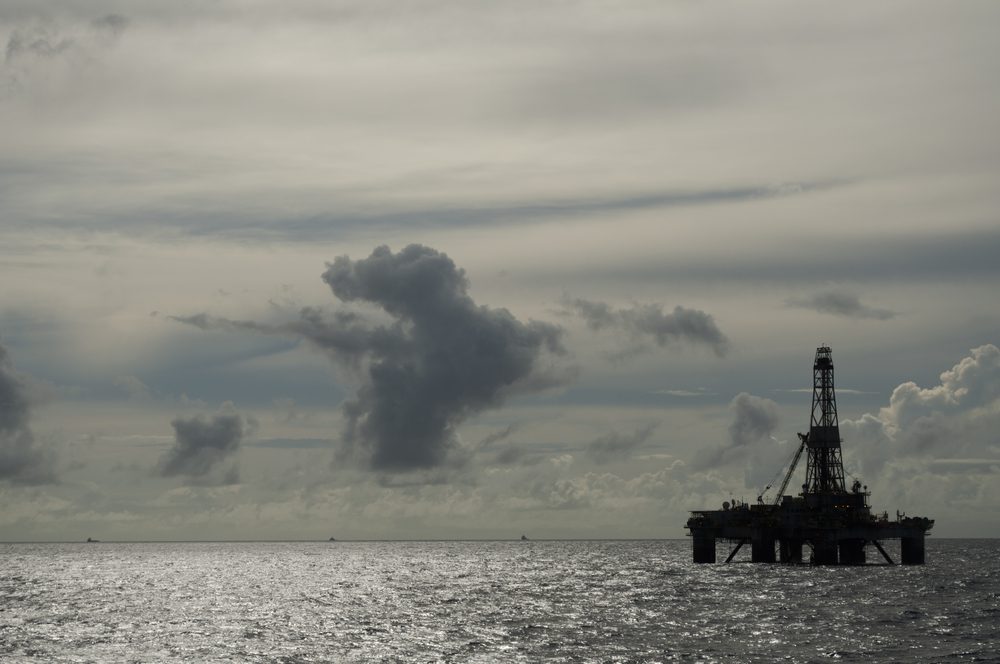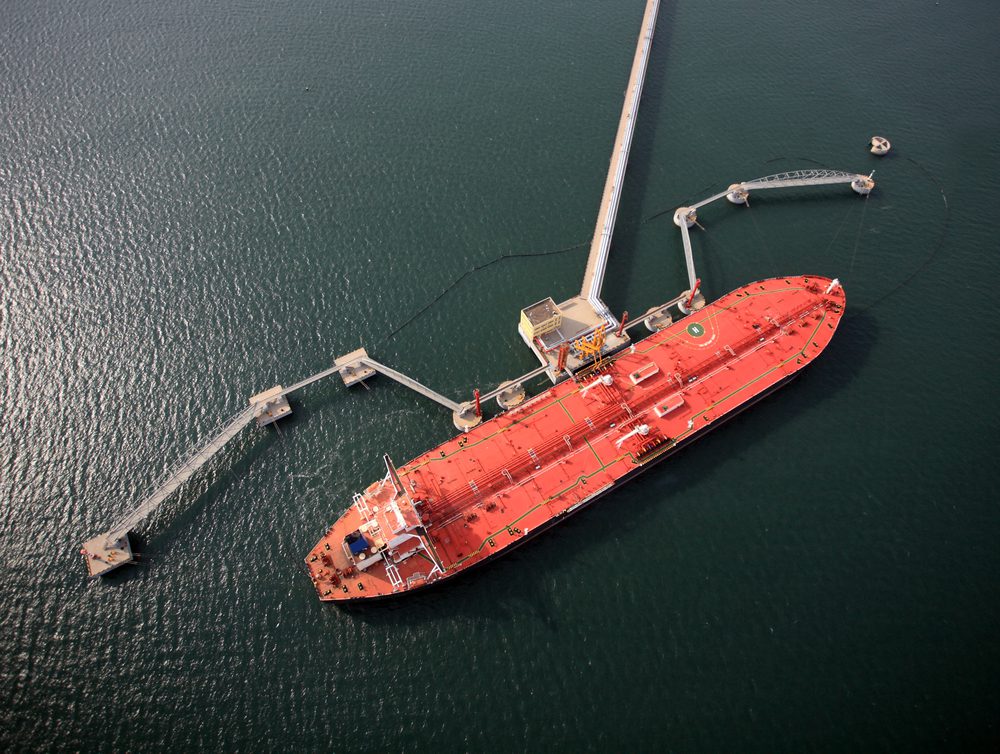Image via Shutterstock
(Bloomberg) — Rising gasoline prices and production cuts tied to a storm named Isaac churning across the Gulf of Mexico have some energy analysts predicting the U.S. will announce a release from its Strategic Petroleum Reserve.
Gasoline prices climbed yesterday to the highest level since May as Isaac, which became a hurricane today, caused evacuation of oil platforms, shutting 78 percent of the Gulf oil output and several refineries. An explosion and fatal fire at the largest refinery in Venezuela has crimped supplies.
“Isaac and the Venezuelan refinery explosion increase the chances that we will have a release from the Strategic Petroleum Reserve,” Whitney Stanco, a Washington-based analyst with Guggenheim Securities LLC, said in a phone interview. The announcement “might happen this week or early next week,” she said.
White House spokesmen have said the administration is monitoring oil markets and that a release is among the actions being considered if prices were to rise or supply was disrupted.
“That option remains on the table,” press secretary Jay Carney told reporters traveling with President Barack Obama to a campaign event today in Iowa. “We have no announcement to make today.”
$4 Gasoline
Without a release, gasoline prices may approach $4 a gallon, making them a subject for attack when Obama faces his presumptive Republican challenger Mitt Romney during the presidential debates in October, according to Stephen Schork, president of The Schork Group Inc., an energy consulting firm based in Villanova, Pennsylvania. Obama will probably seek to avoid such criticism, he said.
“And so the easiest way to do it, for everyone to see, would be releasing barrels” from the Strategic Petroleum Reserve, Schork said in a phone interview.
“It has to happen, I think, within the next week.”
Releasing oil from the stockpiles has proven no guarantee of lower prices at the pump over the past eight years. Gasoline went up in the week following the announcements in four out of six cases since 2004. In 2008 and 2011 tapping stockpiles brought down the cost of a fill-up, according to data from AAA.
Pump prices increased 0.6 cent to $3.76 a gallon yesterday, the highest level since May 7, according to AAA, the largest U.S. motoring group.
Obama Encouraged
“Price increases at the pump are money immediately out of the pocket of consumers,” Representative Peter Welch, a Vermont Democrat, said today in a telephone interview. The oil reserve “is a short-term tool, and obviously doesn’t address long-term issues, but it’s proven to be effective in similar circumstances, and I encourage the president to use the authority he has.”
Gasoline prices fell 2 percent in the week after Obama’s release of 30 million barrels last year, done in coordination with 27 other countries belonging to the International Energy Agency.
The oil market has enough supply and there is no need for the release of emergency inventories for the moment, the head of the International Energy Agency said.
No Disruption
“We don’t have a serious disruption of supply,” Maria van der Hoeven, head of the Paris-based energy adviser, said today in an interview in Stavanger, Norway. “The market is sufficiently well supplied and when there is the collective action needed as there was last year, it can only be when we are talking about a serious disruption of supply.”
Gulf Coast refineries, including those owned by Exxon Mobil Corp., Phillips 66 and Valero Energy Corp., were temporarily shut down as Isaac headed toward the Louisiana coast.
The National Hurricane Center predicted that Isaac would make landfall in southern Louisiana late today or early tomorrow. The more powerful Hurricane Katrina struck the Gulf Coast on Aug. 29, 2005, causing levees to fail in New Orleans and killing more than 1,800 people.
“The Strategic Petroleum Reserve is established for emergency purposes, related to national security, it is not intended, nor it was never intended, as a buffer against high gasoline prices,” John Hofmeister, an energy-policy writer and analyst who was president of Shell Oil Co. from 2005 to 2008, said in an interview.
Republicans and the oil industry oppose the move and Kenneth Medlock, an energy economist and adjunct professor in the Department of Economics at the Rice University in Houston, said an announcement of a release is unlikely given the criticism it is likely to trigger.
Political Conflict
“It creates a point of conflict in terms of politics of the election,” Medlock said in a phone interview yesterday. “You just open the possibility for the engagement of another topic. That won’t necessarily bode well for the administration.”
Romney said that if elected, he would approve TransCanada Corp.’s Keystone XL pipeline and open Atlantic waters to oil exploration.
“When you think about production platforms being evacuated, production being shut-in, you’re talking about a 7 to 10 day event,” said Medlock. “So any upward pressure on price that happens now, it’s going to subside anyway.”
The U.S. reserve, kept in salt caverns along the Gulf of Mexico coast, holds as much as 727 million barrels of crude oil. It was established to counter supply disruptions after the Arab oil embargo of 1973-1974.
-By Kasia Klimasinska. Copyright 2012 Bloomberg
Editorial Standards · Corrections · About gCaptain

 Join The Club
Join The Club











